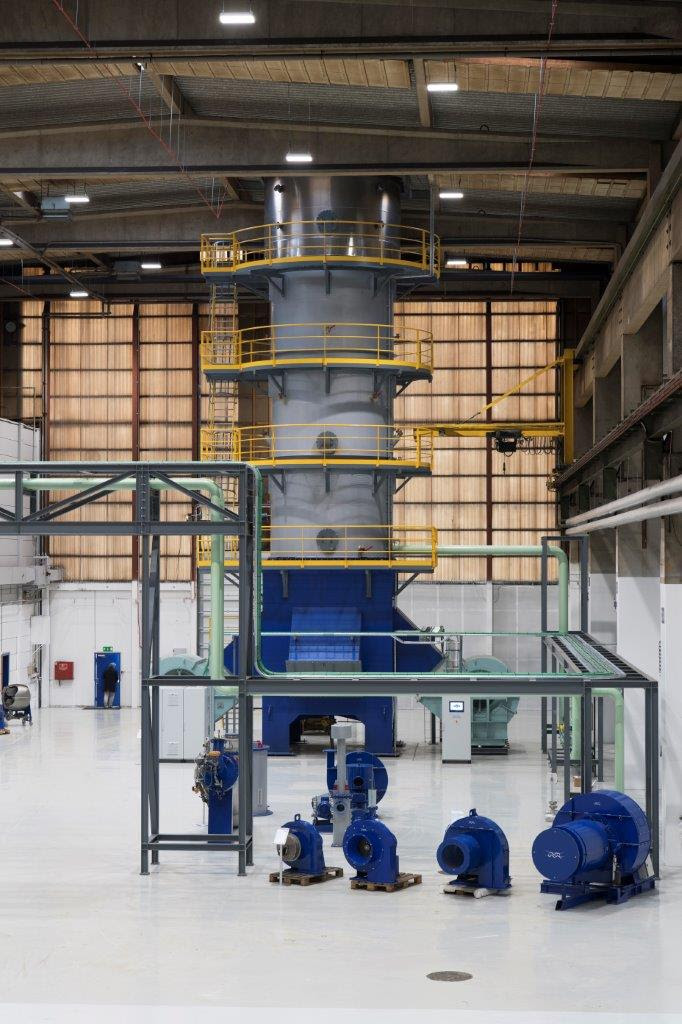Alfa Laval has reached an important milestone in advancing its Gas Combustion Unit (GCU) technology for hydrogen boil-off gas, receiving Approval in Principle (AiP) from the classification society DNV.
This AiP confirms the technical viability and safety mechanisms of Alfa Laval’s GCU design for use on liquid hydrogen carriers. Since venting cargo is restricted, the GCU is critical for controlling tank pressure and temperature by safely combusting hydrogen boil-off gas (BOG) from the vessel’s storage tanks.
DNV’s AiP marks a significant step forward for Alfa Laval’s hydrogen GCU, enabling the development of a prototype that will undergo further testing and type approval, ultimately leading to a reliable and efficient solution for managing BOG on liquid hydrogen carriers.
“The AiP for our GCU design is a significant achievement for us. It demonstrates that our concept has been assessed with respect to DNV’s classification rules and adheres to established technical and safety standards,” stated David Jung, Business Development Manager, Alfa Laval.
Moreover, transporting hydrogen at sea presents distinct challenges compared to Liquefied Natural Gas (LNG). With an extremely low boiling point of -253°C, hydrogen experiences a higher boil-off rate during transport than LNG. Moreover, its lightness, high flammability, and ease of ignition make safety a critical focus in designing a Gas Combustion Unit (GCU) for hydrogen carriers.
Alfa Laval’s existing LNG GCU technology serves as the foundation for the hydrogen GCU. The company’s extensive experience, with over 200 LNG GCU installations and 100 more on order, offers a significant advantage in developing a hydrogen solution.
However, hydrogen’s unique characteristics require specific modifications to ensure safe and efficient operation in this new context.
“For the industry to confidently transport hydrogen, ensuring the safety and reliability of enabling technologies is paramount. Alfa Laval’s proven experience in gas combustion technology for LNG carriers positions us well for GCU technology once the hydrogen transportation market takes off,” added David.







